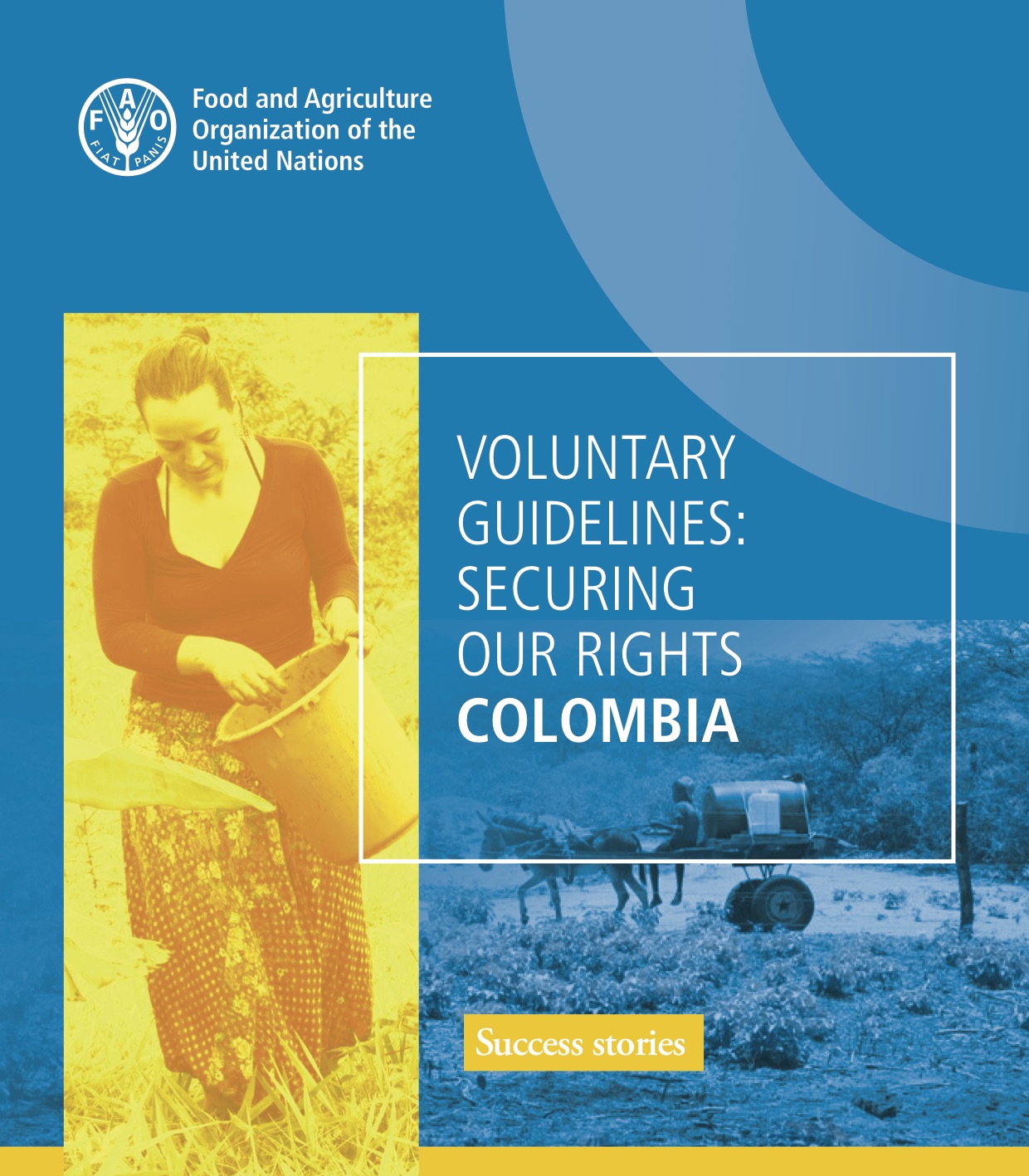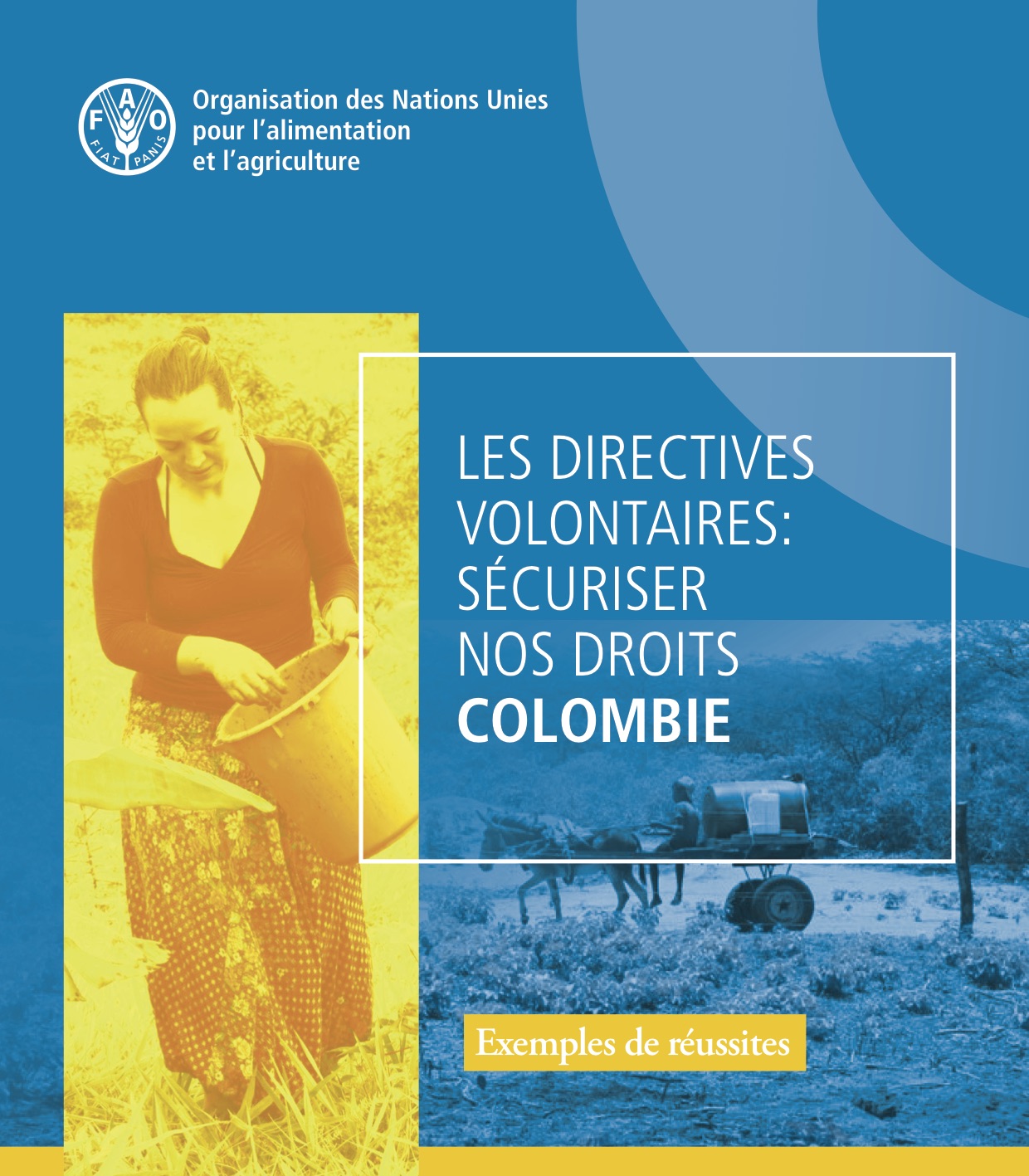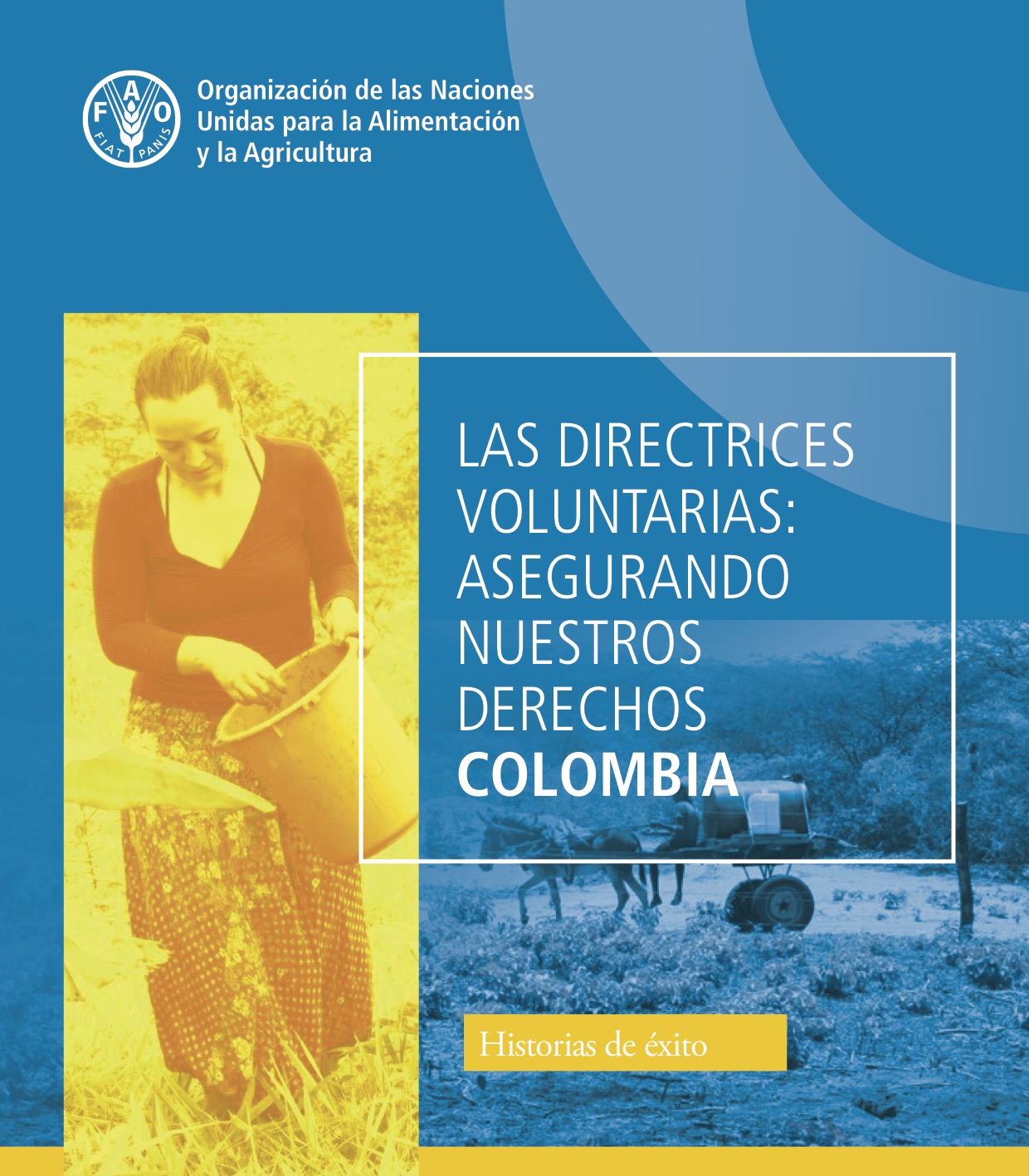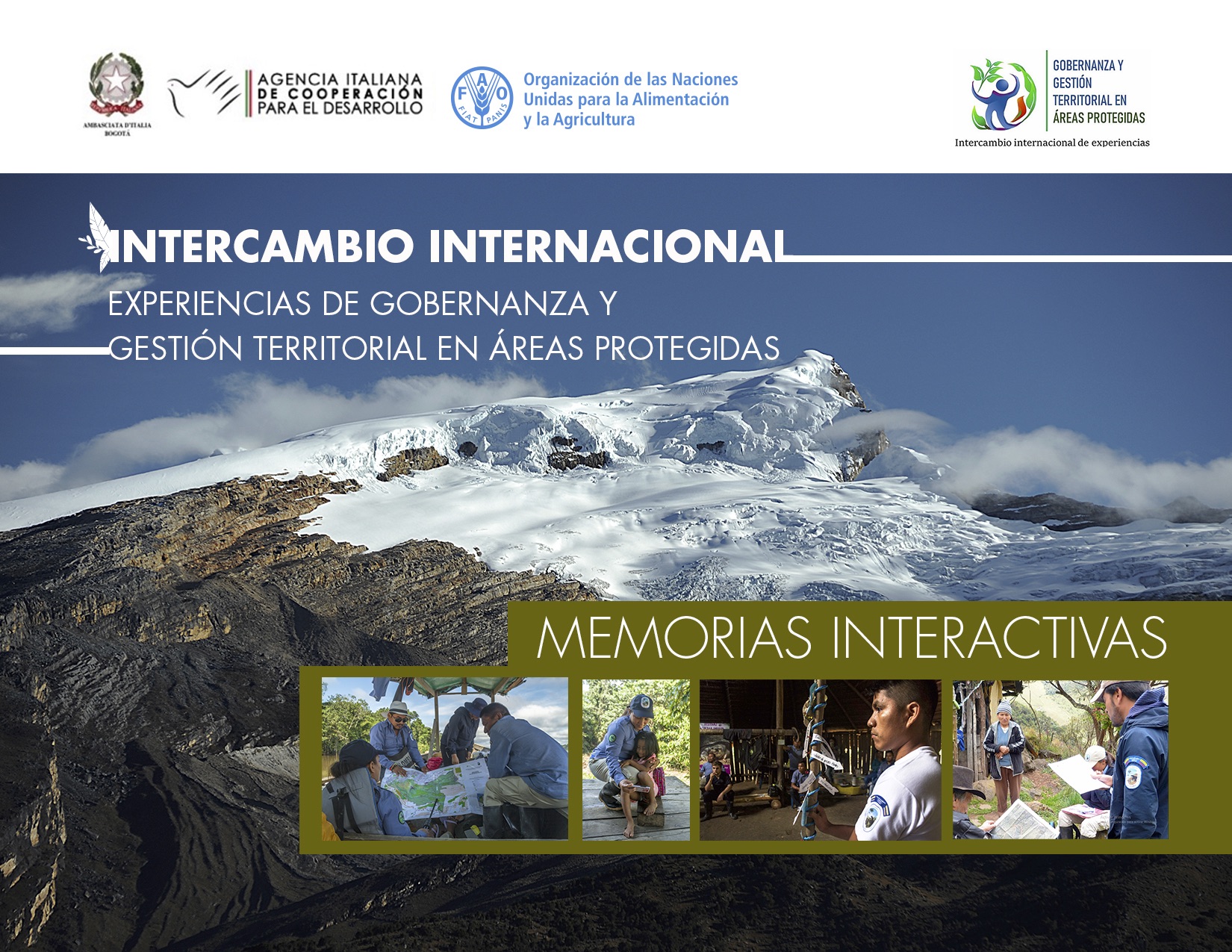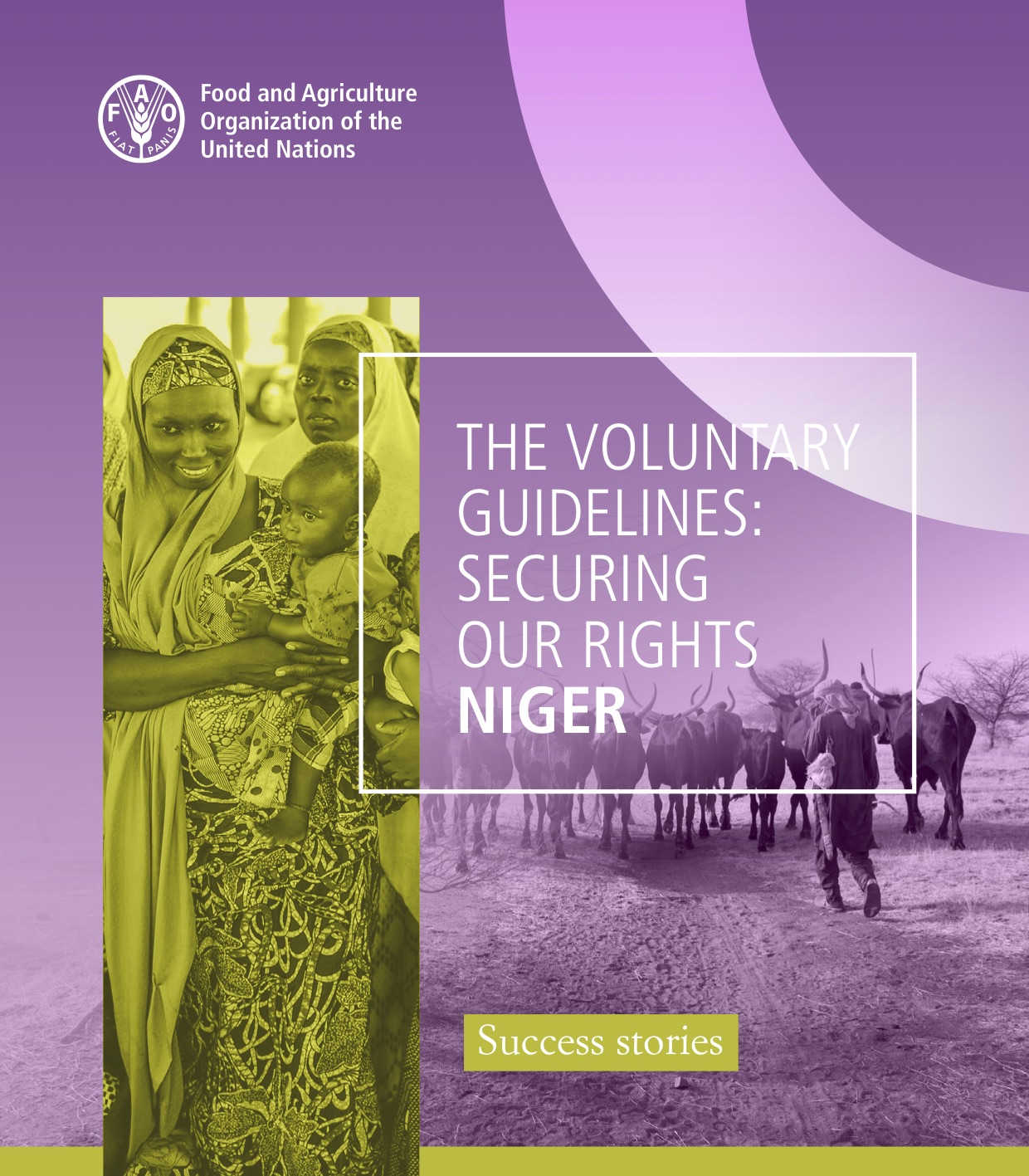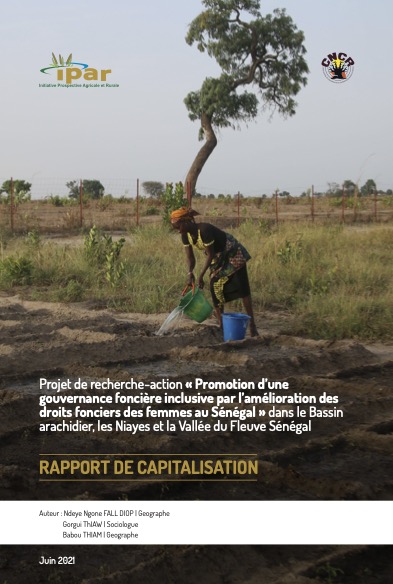Land Corruption, Gender and Rural Land Governance in Zimbabwe
Existing land governance system in Zimbabwe subjects vulnerable groups such as women to ‘land corruption’, which entrenches the already existing gendered land inequalities. This study used secondary data and found that Zimbabwe has witnessed various forms of corruption in general and land corruption, in particular, despite the country having the requisite policy, legal and institutional frameworks as well as other mechanisms to curb the scourge of corruption.


